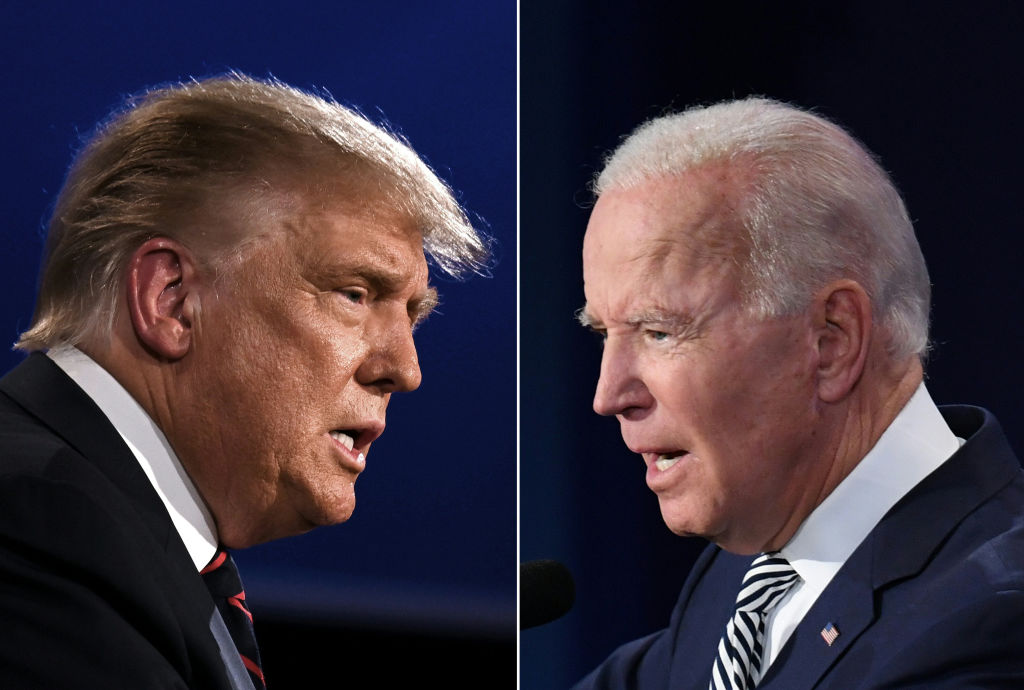How China Wants To Shake Up the Dollar and What Brazil and Argentina Have To Do with It*
(Brazil) on 8/26/2023
by Vinicius Torres Freire (link to original)
President Luiz Inacio Lula da Silva proposes, in practice, that Argentina pay for part of its purchases from Brazilian companies in yuan, a very small part. In 2023, the Argentine people can use Chinese currency to pay for the equivalent of 1% of its annual imports from Brazil.
Why yuan? Because Argentina has a type of financing agreement with China. The central banks of the two countries have a bilateral swap agreement (buying and selling of currencies for a defined term, tax, rate and conditions of use). In recent months, Argentina paid installments on its debt to the International Monetary Fund with loans between Argentina and China (it takes yuan, buys dollars). When an IMF disbursement arrives, it returns yuan to the Chinese.
Argentina currently has almost no international reserves or cash in hard currencies, funds that are globally accepted that governments keep for emergencies to stabilize their rate of exchange. Once again, Argentina is broke and carrying a problematic financing agreement with the IMF.
Argentina has made swap agreements with China since 2009. China multiplied its swap agreements around the world, especially since the global financial disaster of 2008, in order to counter crises with commercial partners, in particular in East Asia. The U.S. Federal Reserve also makes swap agreements in times of severe crisis, offering dollars with the aim of stabilizing the markets of its largest allies (Brazil included).
But China wants to go beyond that. China wants to offer financing to its partners with the aim of boosting its exports and its foreign investments, and in fact, to make it so that the renminbi is used more often in transactions and international reserves. China is far from that objective, but it is working to diminish the power of the dollar.
Of the world’s U.S. $11.2 trillion in international reserves allocated in currencies, 59% is in dollars, 20% in euros, 5.5% in yen, and 4.9% in pounds. Some 2.6% is in yuan.
Of the international transactions that pass through the SWIFT system, 46.5% are in dollars, 24.4% in euros, 7.6% in libras, 3.5% in yen, and 3% of all international transactions were in yuan. (According to July 2023 figures; the average percentage of transactions in yuan for the year is 2.4%.)
SWIFT is a globalized, coded messaging system of interbank payment instructions owned by a cooperative of Western institutions. It is based in Belgium, and it is heavily influenced by American politics.
China has a similar system, CIPS, in part linked to SWIFT, but with transactions amounting to just 2.5% of the value of the American competitor known as CHIPS. One may note that China produces 15% of the world exports and is one of three or four countries leading in “productive” external investments.
That’s not enough. The other countries and currency owners want yuan. To be accepted internationally, currency must at least: (1) not go through big devaluation (the macroeconomic policy of the sending country must be stable), (2) be accepted in international commerce, (3) be capable of application in large and secure financial markets (such as American or European debt), and (4) not be subject to arbitrary controls of capital (i.e., it can enter and leave the issuing country with ease).
China gets low marks on some of these qualifications. But it is dominant in world commerce and has plans to be a leader in foreign investment. What’s more, poor countries with a scarcity of dollars to pay their foreign bills and their Chinese partners have shown more interest in using the yuan in bilateral transactions. For the rest, China, its currency and system of payments, could be an alternative for real and potential victims of American sanctions (see Russia).
The internationalization of the yuan could take decades, but China is on its way. It is already next door.
*Editor’s note: The original language version of this article is available from the publication Folha with a paid subscription.


